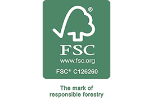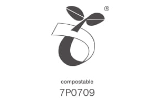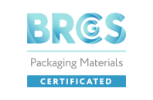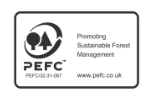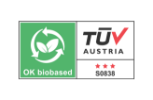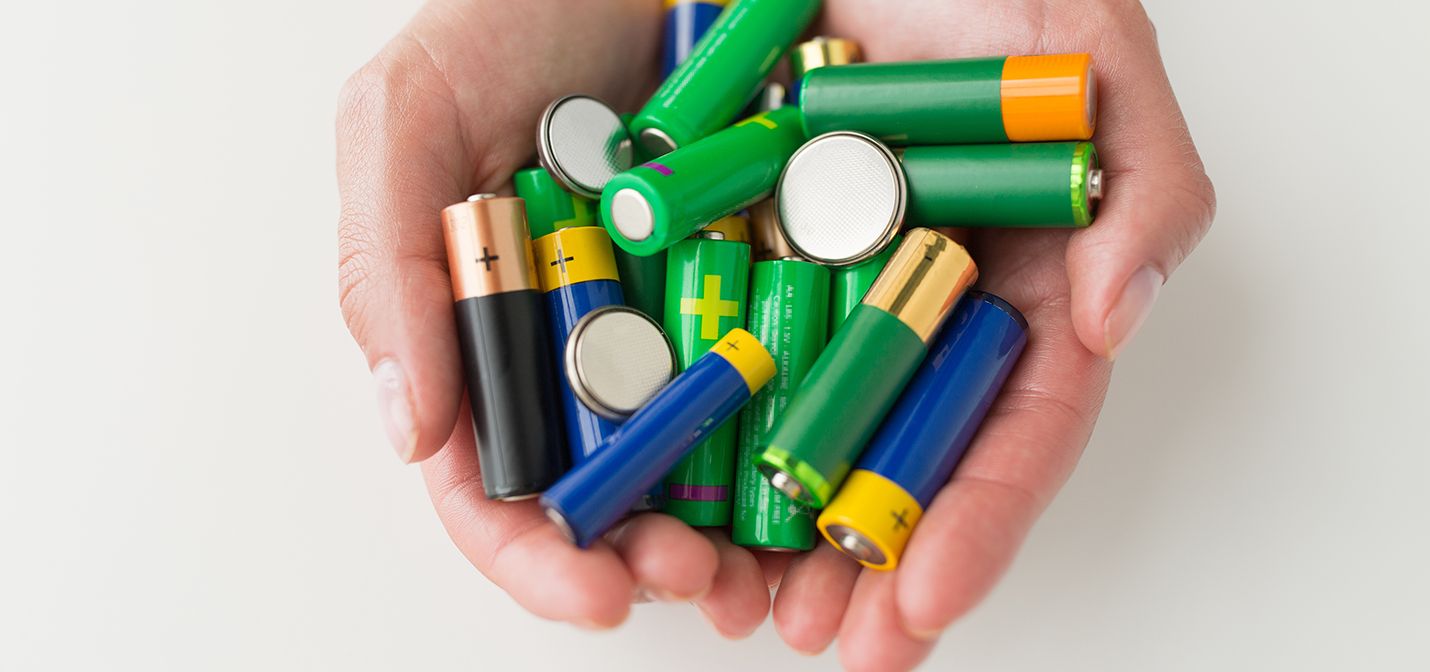

6 eco-friendly solutions from Norway that inspire
Ecology is a field of study that applies to almost every part of our lives. If you want to take care of the environment, it is worth changing your bad habits, but you also need smart system solutions. In this case you can choose your own path, but it is also good to watch patents that work well with others. A lot of such pro-environmental inspirations can be found in Norway.
The joy of life associated with ecology
This is not a coincidence! Despite the harsh climate they live in, Norwegians are considered incredibly lucky - according to e.g. the annual World Happiness Report. Their joy of life is largely attributed to close contact with nature. You can even say- with nature in its pure form, because Norwegians take great care of their environment. What could we learn from the Scandinavians? Below are some examples of activities that serve Mother Earth well and which are certainly inspiring.
The choice of green energy
The share of green energy in Scandinavia is amazing: in Norway it is already 95%! Across the EU, a significant increase in the use of energy from renewable sources has been noted over the past few years. In the final gross energy consumption in recent years almost two-fold growth could be observed, from around 8.5% in 2004 to 17.0% in 2016.
In countries rich in oil and gas (such as Norway) there is a temptation to base the energy policy on these raw materials. Norwegians did not take shortcuts. Although this strategy requires significant financial outlay, they set about building hydroelectric power plants and wind farms.
It must be admitted, however, that Mother Nature was incredibly kind to them. This Scandinavian country is abundant in watercourses with large falls, ideally suited to power a plant. It is not surprising that medium-sized Norway ranks high (sixth) among countries producing power in hydroelectric power plants. In this way up to 94% of energy is generated.
The electric current that flows through our sockets is also obtained thanks to the strong winds, characteristic of that region. Such power plants are a perfect complement to the system - they provide over 3% of energy.
Privileges for electric cars
Electric cars are taking European roads by storm. However, in Norway cars with registrations starting with EL (that’s how Norwegians distinguish this type of vehicles) are nothing out of the ordinary. It is estimated that 25% of cars currently bought by Norwegians are electric models.
Making a decision to buy such a car is easier when you look at the dense network of charging points. The fashion for electric cars is also promoted by the state and local government bodies. Undecided people are enticed by privileges in the form of the free use of car parks and buspasses (applicable in some towns), or even road tax reductions.
In countries where electricity is derived from fossil fuels, the sense of using such vehicles is often undermined by environmentalists. In Norway, which - as we have already mentioned - mainly uses green power, this argument is irrelevant. It is also worth adding that the plans of the Norwegian government are very ambitious. After 2025 only electric vehicles will be available from local car dealers.
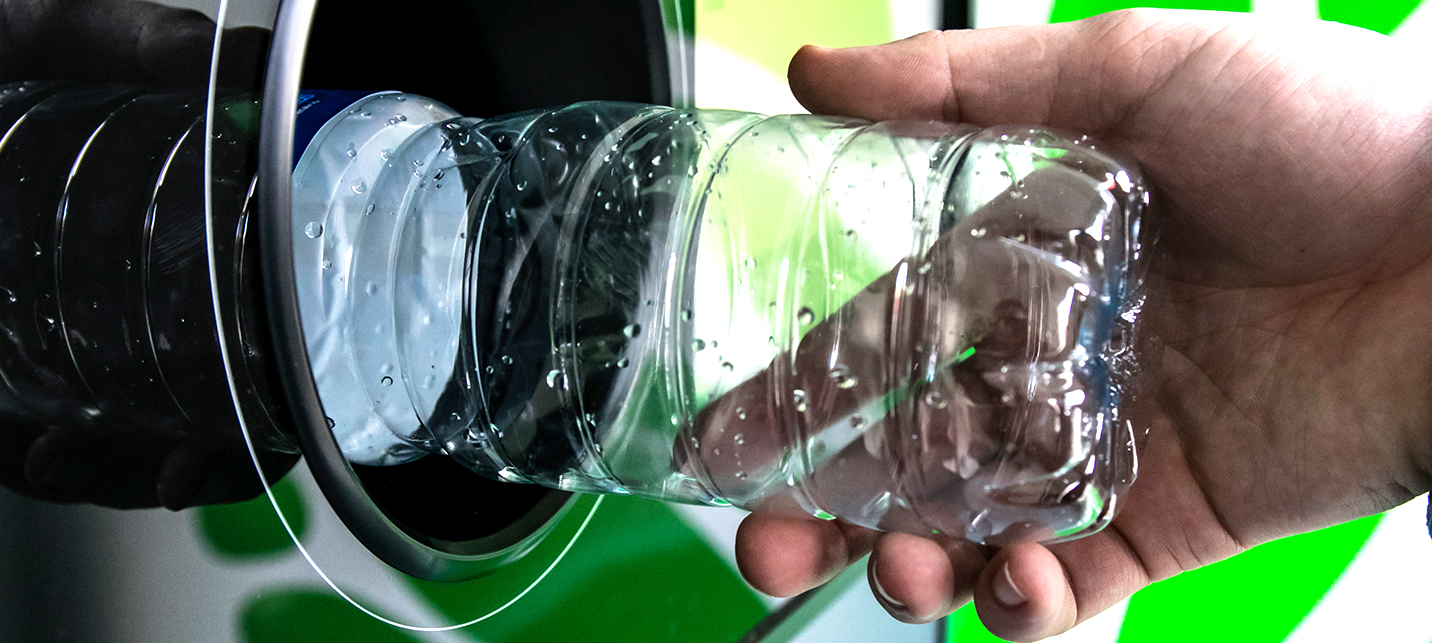
Norwegian way of dealing with bottles
Ecology should also be seen through the prism of households and the amount of rubbish they generate, with a significant percentage being PET packaging. Norway is considered a country that deals with this problem perfectly. And though plastic waste is collected in many countries, the solutions adopted by various countries considerably differ in their effectiveness. In Norway this percentage reaches 97%!
So what needs to be done to tighten up this system? The Norwegians used simple methods. First, they made sure where the used packaging should be returned. Any commercial outlet where you can buy drinks is required to take back empty PET bottles. In order not to give sellers too much work and streamline the entire process, special machines were installed in numerous stores. There are so many points where you can get rid of the "plastic problem", and you do not have to look too far. Importantly, when handing over bottles you do not need to have any proof of purchase. Nobody cares where the product was obtained. The priority is to get it recycled.
The originators of the Norwegian system also came up with a small bonus. The reward for returning bottle is a small amount, ranging from 1 to 3 kroner (1 crown is about 45 grosz). Although it is certainly not a sufficient incentive for Norway,yet it is nice to get something in return. A crucial factor, without which the entire system could not work, is the ecological awareness of Scandinavian people. It is primarily the concern for the environment that encourages Norwegians to search for simple solutions. It is estimated that only every hundredth PET bottle lands in the bosom of nature, thus polluting the local environment.
This system, which has been successfully applied in Norway for a long time, is becoming a role model for other countries.
Producers' responsibility
It's all well and good, but who pays for that? That's what a sceptic would be bound to point out looking at the local bottle recycling system. In Norway the burden of maintaining this whole "machine" rests with drink producers. Being the entities most responsible for the flood of plastic waste, they have to take this burden on their shoulders.
Minor details appear to be fundamental here. Bottles are equipped with special codes to be scanned in the machine. Companies must use labels and adhesives with strictly defined parameters, so that the recycling process itself is easier. The state takes a close look at what percentage of the company's beverage bottles gets a second life. Enterprises that meet very high standards can count on tax exemptions.
Ways to reduce food waste
Every product we find on the shop shelves is created using raw materials and energy, just like everything that lands on our tables. Wasting food, which is a scourge in richer regions of the world, should therefore be considered a phenomenon with ecological dimension.
Interestingly, in rich Norway this problem is well understood. The government and various organizations are trying to persuade consumers to use food rationally. Residents are constantly educated. Websites also play a key role in giving internet users ready ideas for dishes cooked from leftovers. It is common practice to sell products that are still fit for consumption at a reduced price, although past their expiration date.
Protection of rainforests
Concerned about the environment Norwegians are also interested in areas located far beyond their borders. These naturally valuable areas are of great significance to the whole planet. The Norwegian Rainforest Protection Organization has been successfully urging domestic producers to give up the use of palm oil - a substance for which tropical forests are cut down. The Norwegian government went a step further. It introduced a law to prevent the awarding of government contracts to companies whose activities are related to rainforest destruction.
Zobacz również:
Most frequently read

About company
Silbo – packaging production experts with 20 years of experience in the industry. We support environmental protection on many levels, for example with creating new, biocompostable standards in the field of packaging production. These are the main values on which the activity of SILBO is based: focusing on innovation, ecology and quality issues.
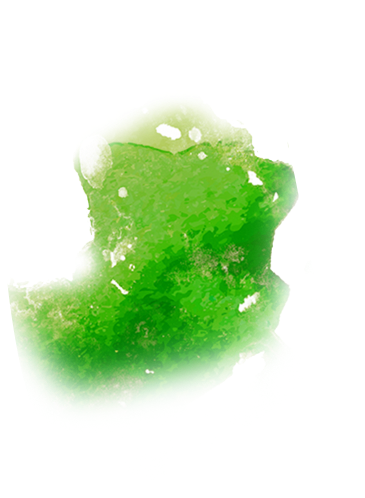

Received certificates
